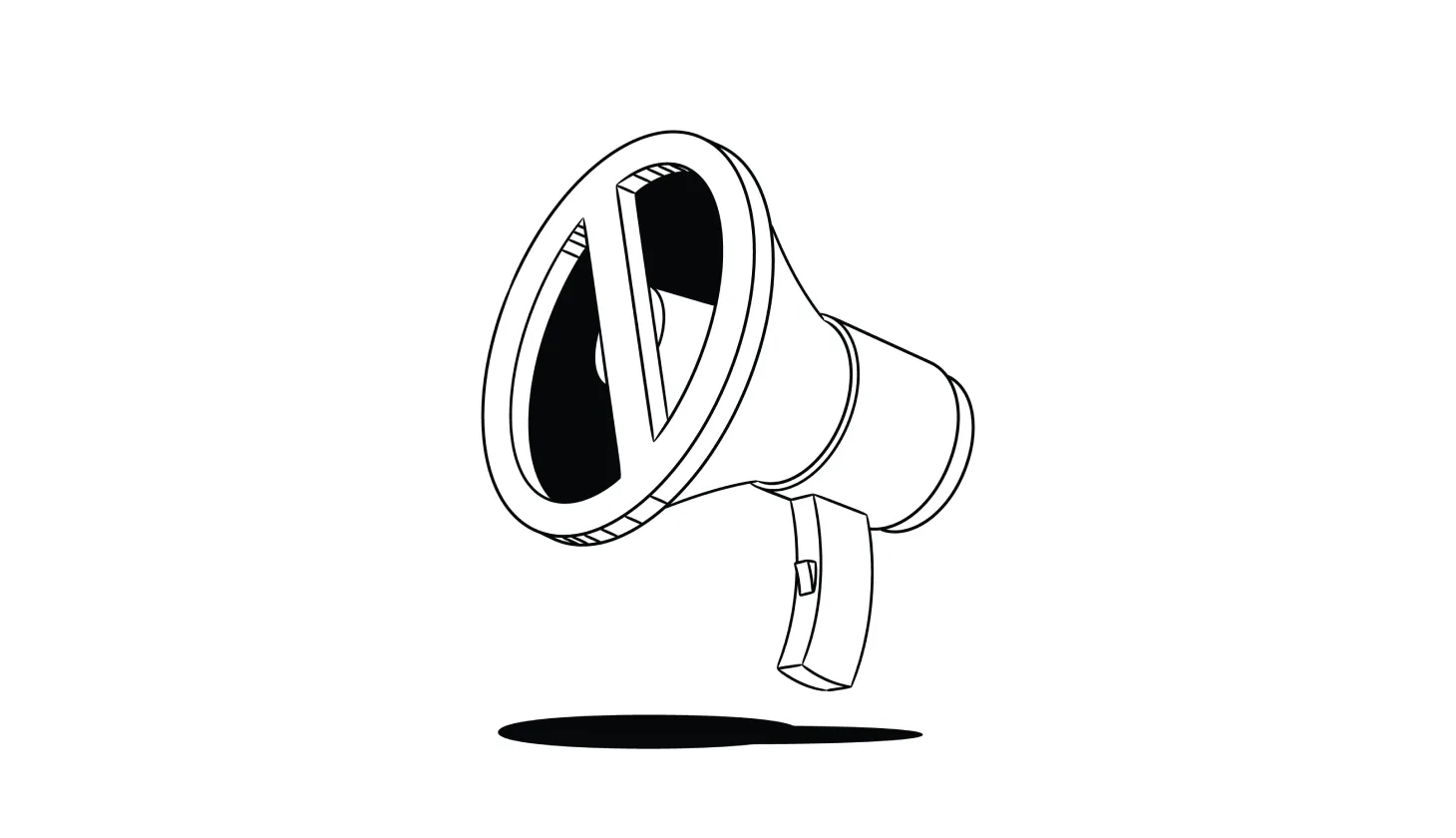Digital Security 101

How To Block Ads (Easiest Methods For Each Platform)
Ads and pop-ups aren’t just annoying; they can also put your online privacy and safety at risk — luckily you can block them on almost every platform.

Aura vs. Bark: How To Choose the Best Parental Control App
Aura vs. Bark is a hot debate — which is the best parental controls app to keep your kids safe online? It’s time to find out.

Was Your Amazon Package Stolen? Here’s What To Do
260 million packages were stolen off porches in America in 2022. Was your Amazon package stolen, too? Here are 9 things to do right away.

How To Prevent Phishing Attacks and Keep Your Inbox Safe
Phishing attacks are one of the most common ways that scammers target you (and steal your identity). Here’s how you can prevent phishing.

How To Prevent Check Fraud: 6 Preemptive Steps
Check fraud occurs when scammers illegally alter, forge, or steal checks in order to withdraw money from a bank account. Read more.

What To Do If You Click on a Phishing Link
Clicking on a phishing link can transmit basic information like your location and device stats, redirect you to a fake website, or download malware.

Fake Check Scams: How To Identify Them (& What To Do)
Americans lost almost $80 million to fake check scams last year alone. Learn how to spot the signs of a fake check and what to do if you receive one.

Help—Someone Forged My Signature On a Check and Cashed It
Check forgery scams are on the rise. Here’s what to do to protect your finances and identity if someone forged your signature on a check and cashed it.
text

How To Dispute Debts in My Name (That Aren’t Mine)
Send a dispute letter to the collector within 30 days, dispute inaccuracies with credit bureaus, and request that the collector stop contacting you.

What is Credit Monitoring? Do You Really Need It?
Credit monitoring is one of the best ways to protect your credit score and catch the early warning signs of fraud — but only if you use the right service.

My Bank Account Has Been Hacked. Can I Get My Money Back?
Notify your bank to report any unauthorized transactions, start an investigation. Banks generally refund fraudulent transactions if reported promptly.

How To Protect Yourself From Identity Theft
The best way to protect yourself from identity theft is to limit the information fraudsters can find about you — after that, it’s all about playing defense.

Someone Opened A Bank Account In My Name — Help!
Contact the bank where the account was opened to report fraud and to close the account. Also take these steps to protect your identity and credit.

Do Banks Refund Scammed Money? (How To Dispute Fraud)
While banks are generally obligated to refund money lost to fraud, they may deny the refund if you were negligent or involved in the scam.
.png)
.png)
.png)
.png)
.png)
.png)